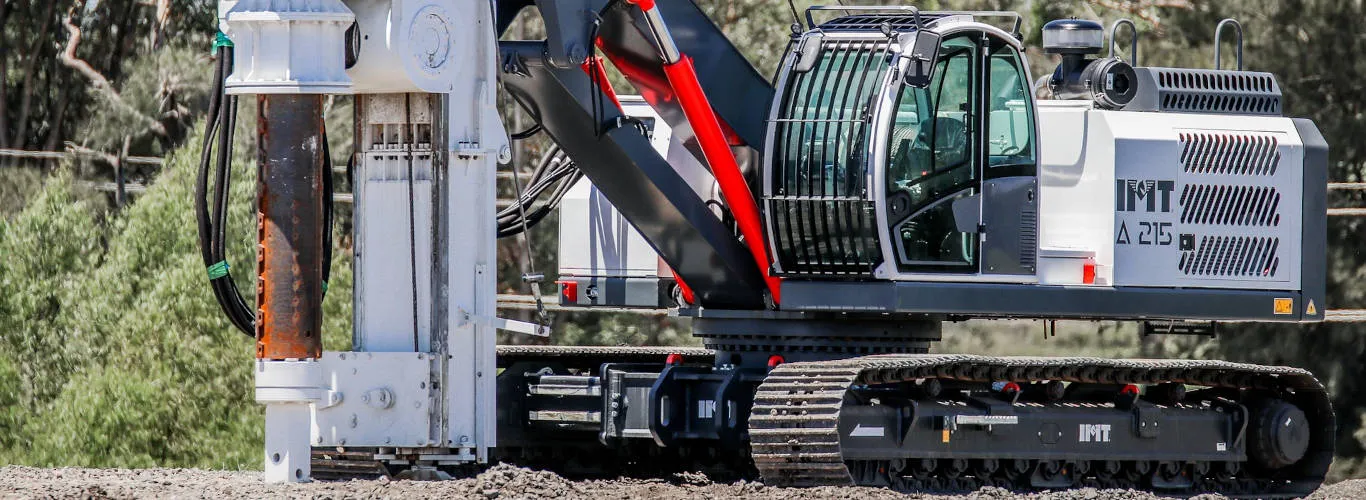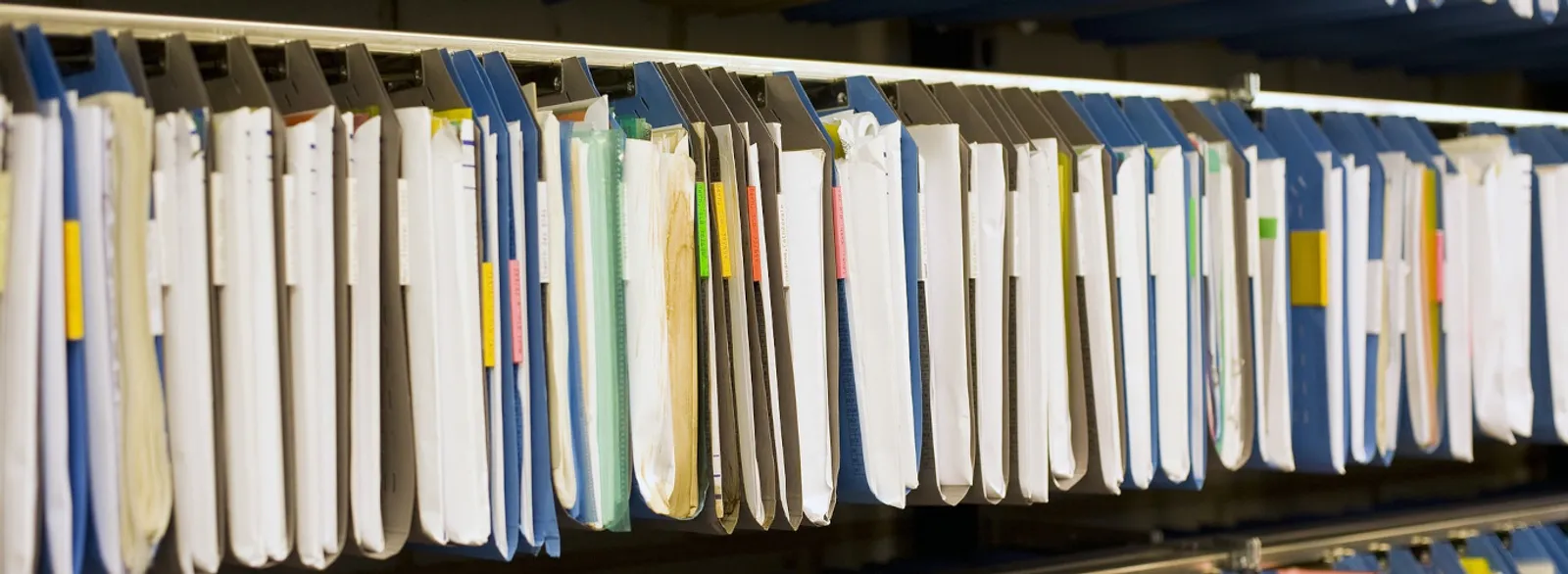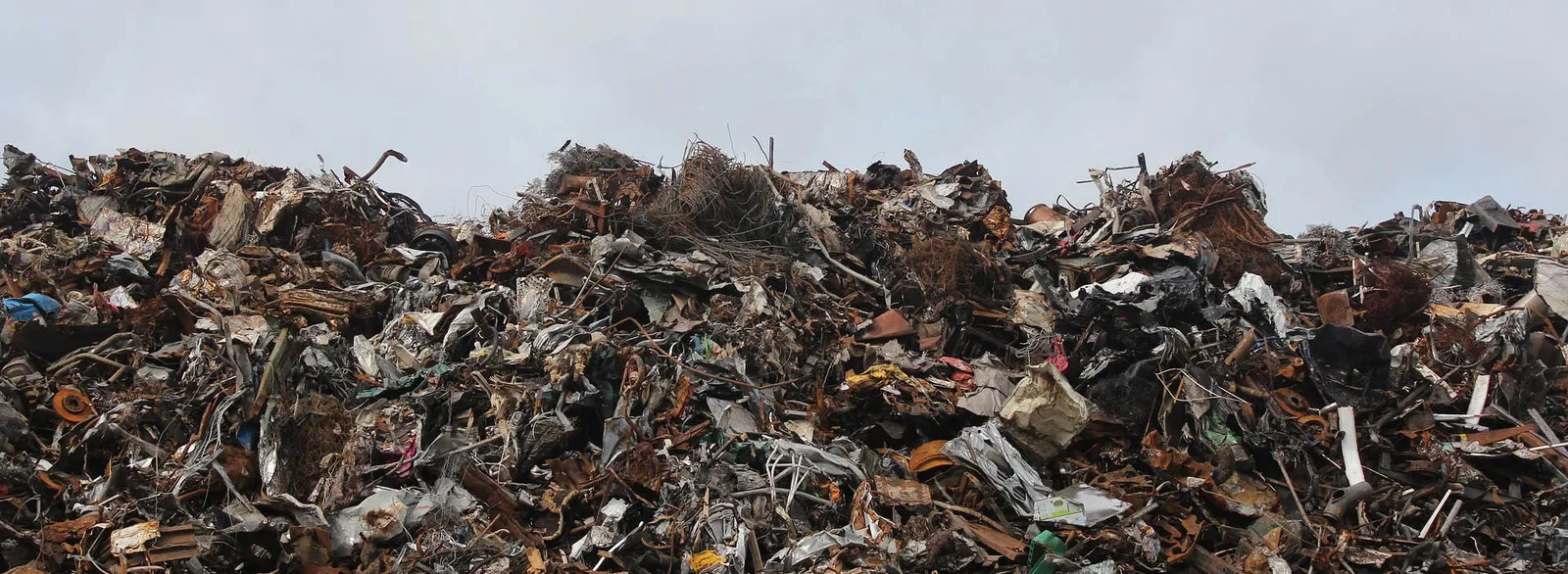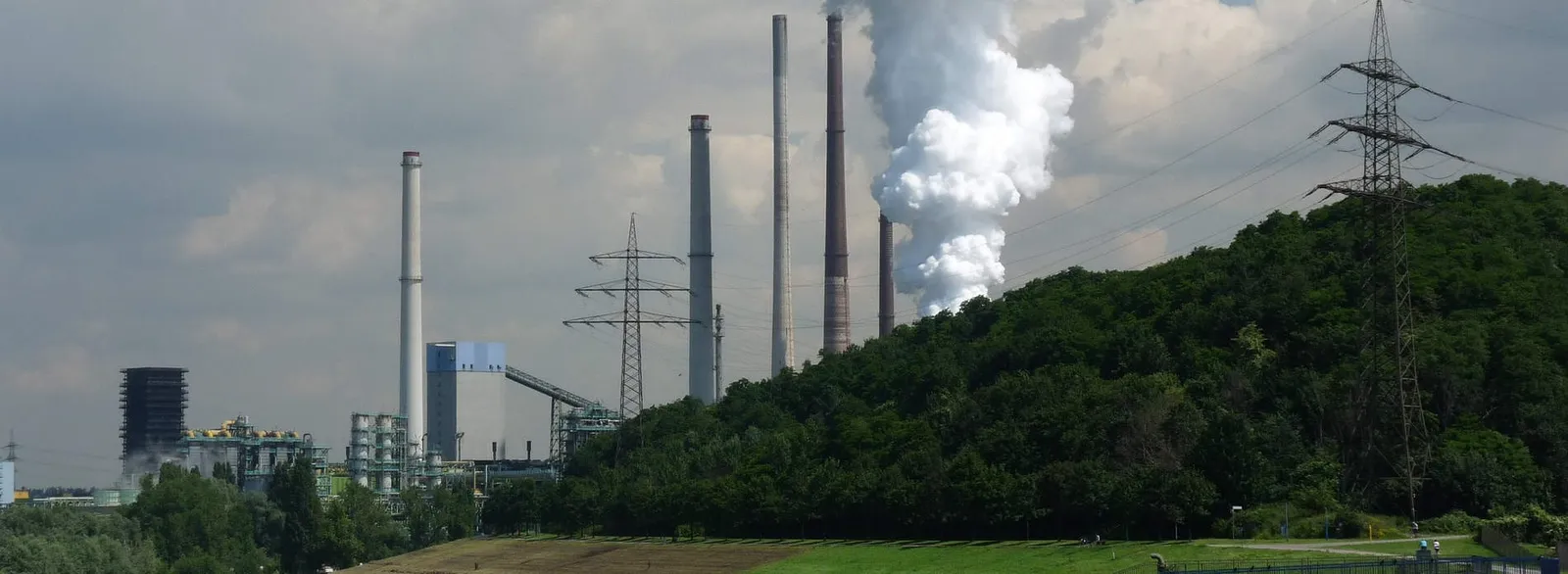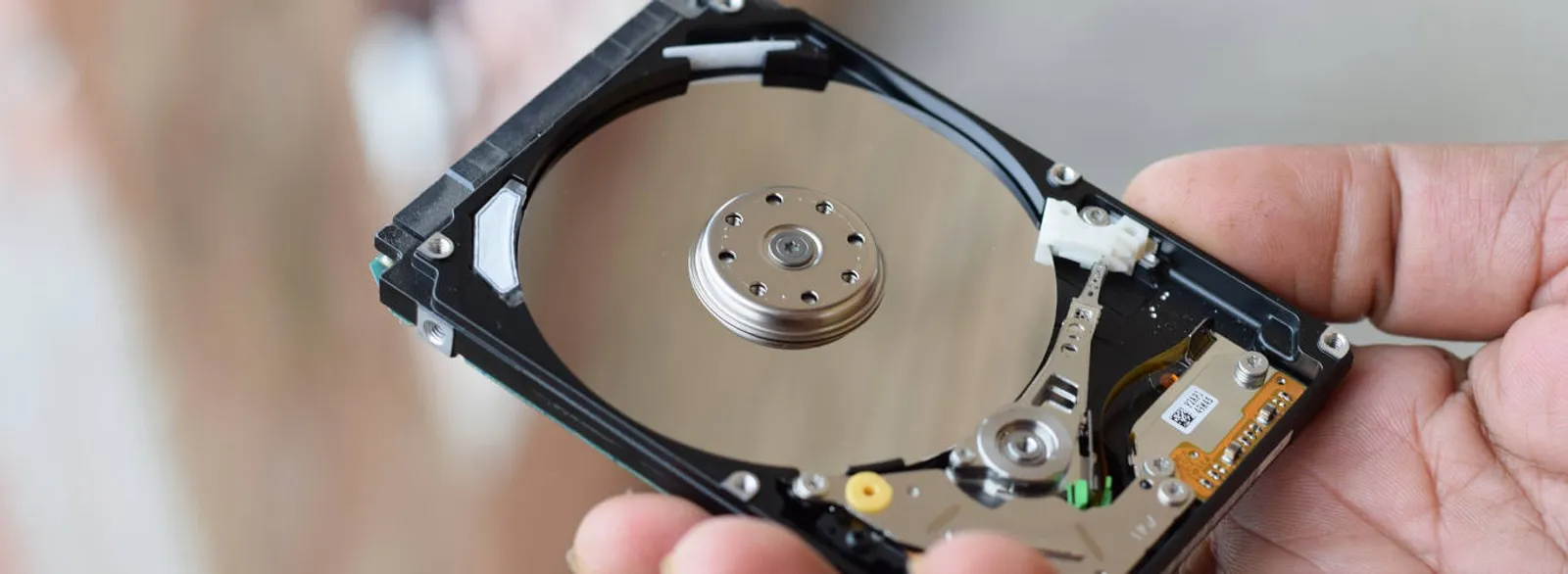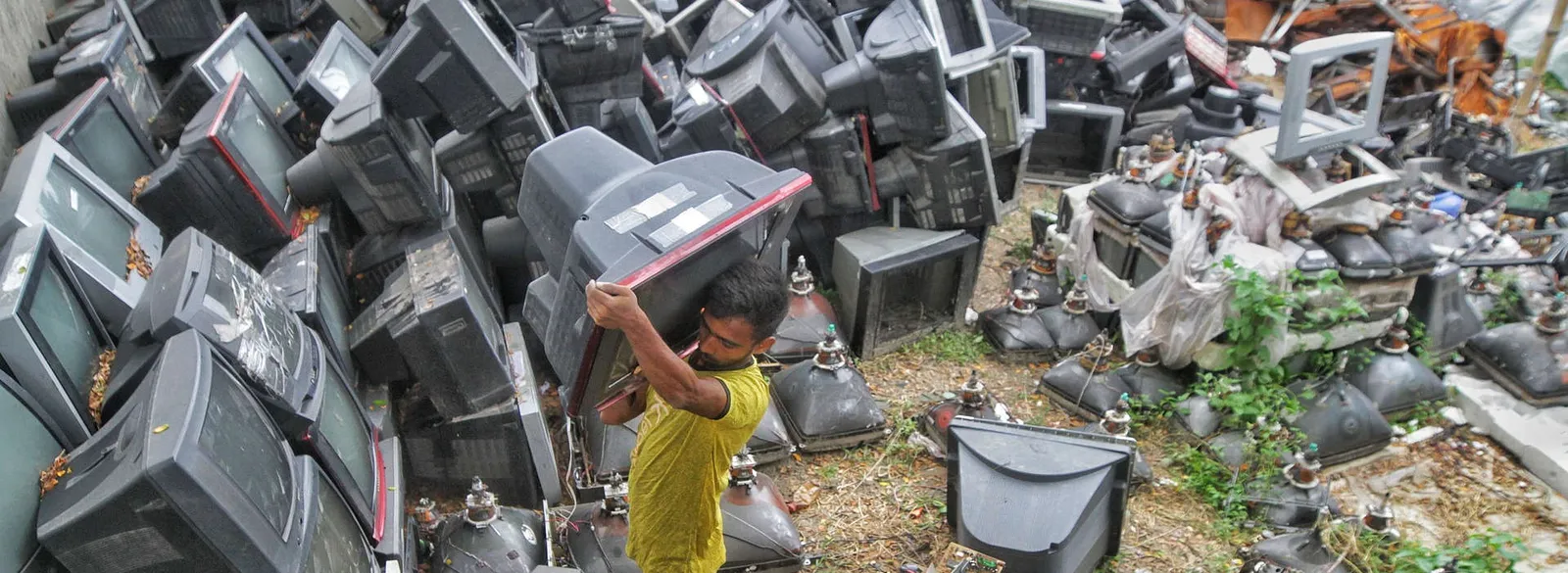If you are interested in ecology and recycling - sign up for our newsletter
KoBold Metals' Innovative Approach
KoBold Metals is not just another mining company. It seeks to modernize the mining industry using artificial intelligence (AI) to discover metals essential for the green energy transition, such as copper, lithium, nickel, and cobalt. By applying machine learning, KoBold aims to gather and analyze data more efficiently than traditional exploration methods.
AI's potential in mineral exploration lies in its ability to process vast amounts of data quickly and to adapt its models based on new information. KoBold's approach involves creating computer simulations of underground mineral deposits using techniques like borehole drilling, laser guns, satellite imagery, and electromagnetic detection. These simulations help determine the best drilling methods to test their models' validity, allowing KoBold to refine its hypotheses in real-time.
Despite KoBold's ambitious claims, some in the mining industry are skeptical about the effectiveness of AI in mineral exploration. Previous attempts to revolutionize the industry with similar technologies have not always succeeded. Critics argue that KoBold may overstate AI's impact, pointing out the lack of transparency about its use of technology in projects like those in Zambia.
KoBold's exploration efforts span over 60 projects in North America, Africa, and Australia. In western Québec, Canada, the company demonstrated its AI's capabilities by quickly updating models when field scientists discovered that white lichen, rather than lithium-rich rocks, caused false positives in initial data analyses. This quick adaptation contrasts with traditional methods, which would take months or years to adjust.
Zambia: A Major Test Case
Zambia presents a critical test for KoBold's data-driven methods. By digitizing historical maps and using past exploration data, KoBold aims to uncover overlooked minerals. In one promising site, the Mingomba deposit, KoBold's deeper exploration discovered a potentially vast, high-grade copper deposit. If developed, this site could yield over 300,000 tons of copper annually, making it one of the largest copper mines worldwide.
However, KoBold has faced criticism for not releasing a comprehensive study of the deposit, which lies more than a mile underground. Skeptics question whether AI is genuinely at the forefront of their discoveries or if it's more of a promotional tool. A third-party analysis, reviewed by The Wall Street Journal, largely supports KoBold's findings, but doubts remain.
Originally envisioned as an exploration company, KoBold decided to expand into mining following its Zambia discovery. This shift requires hiring experienced mining professionals and planning to construct a smelter to extract metal from ore. The transition from exploration to mining involves significant challenges, as new mines often demand substantial upfront investment with long-term payoffs.
KoBold plans to invest $2.3 billion in developing the Mingomba site, with mine shaft construction expected to start in 2026 and production anticipated in the early 2030s. However, deep underground mines pose additional complexities, as demonstrated by Rio Tinto's over-budget expansion in Mongolia.
Conclusion
KoBold Metals represents a bold attempt to merge AI with traditional mining practices to meet the growing demand for metals critical to the energy transition. While skepticism persists regarding the effectiveness of AI in mineral exploration, KoBold's innovative methods and strategic partnerships position it as a key player in the global rush for essential resources. As the company transitions from exploration to mining, its success will depend on navigating the challenges of new mine development and proving the tangible benefits of its AI-driven approach.
